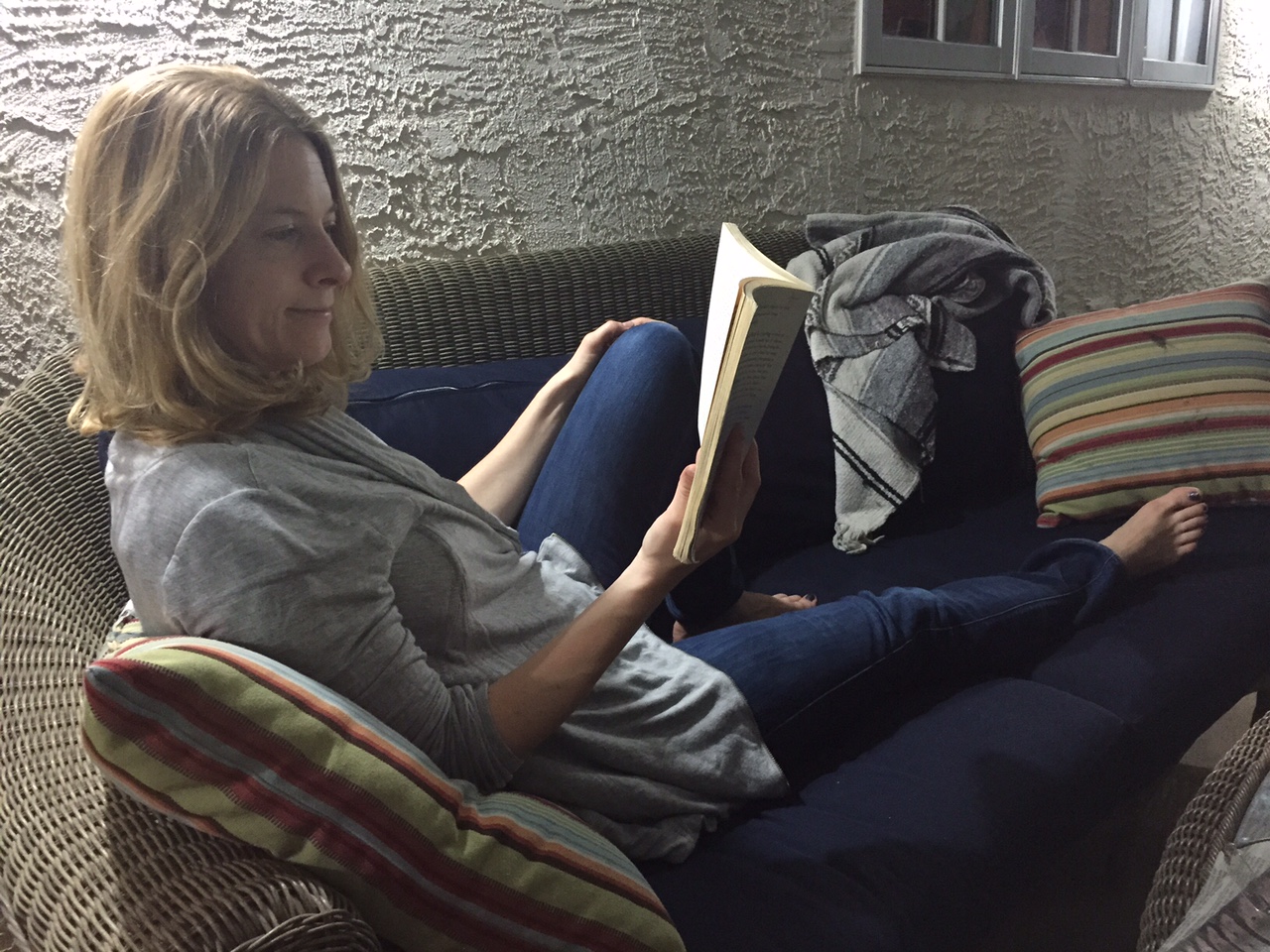When I sit down on a Sunday evening to look at what I should be doing over the next week, I usually have at least 50 things that I can do if I manage to find the time. I recently came across Laura Vanderkam's writing on looking at leisure time in terms of demand and supply.
She makes the argument that we all have enough time to do the things that we feel we should be doing, irrespective of how busy we are at work and home. The supply is the actual leisure time we manage to get here and there during the week and the demand is our preconceptions (you can call them plans) on what you can be doing when such time presents itself.
Unless you have enough demand generated in your head, you will not be in a position to do the things you think you should be doing in your leisure time when you do get the time. Imagine having a team of engineers assigned to you at work and you haven't given the thought to what you'd like them to work on until the moment they come and ask you. If you start thinking then, you default to the first things that come to your head, which may look like work, but may not be helping you or them in even the slightly longer term.
The equivalent of this when you haven't thought about what you want to do in your leisure time is defaulting to watching one video after another on Youtube or spending an hour on your Facebook feed or Twitter stream. I end up doing this occasionally despite having thought about things I can be doing, so I can imagine how it would be if I had not been generating any demand.
Demand is what you have a greater control on, as compared to the supply. So, might as well shape it than default to the shiniest object available at the time.





CONVERSATION